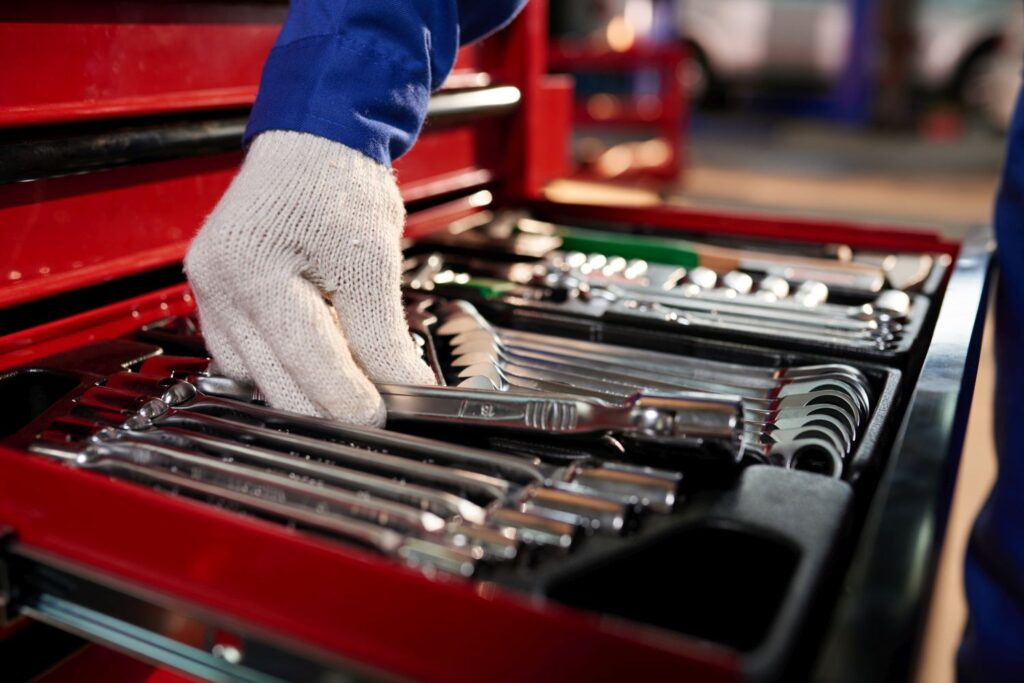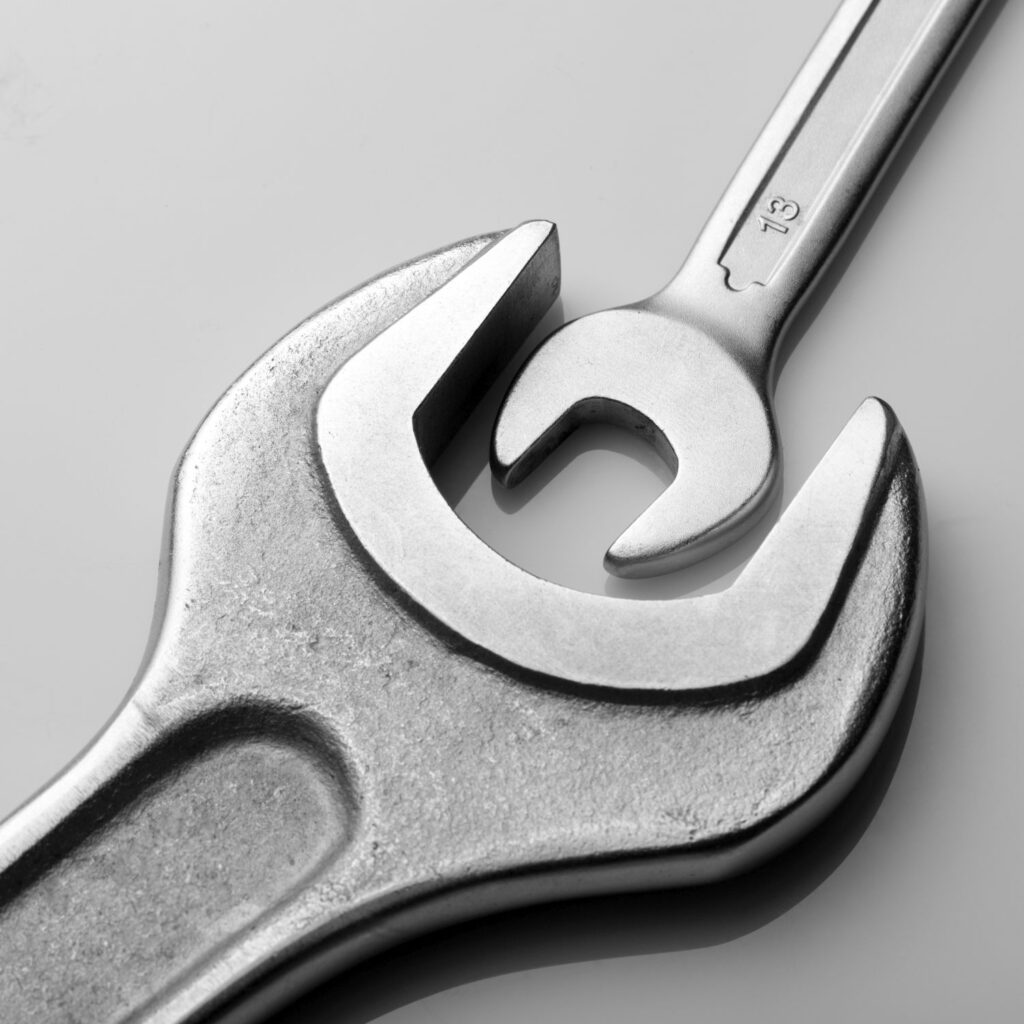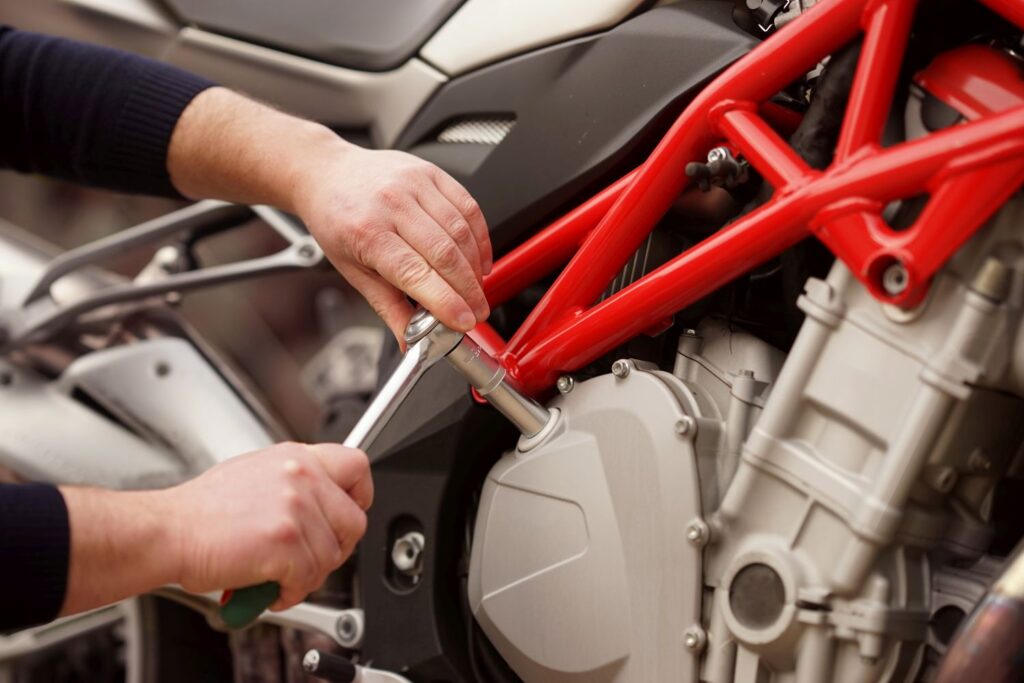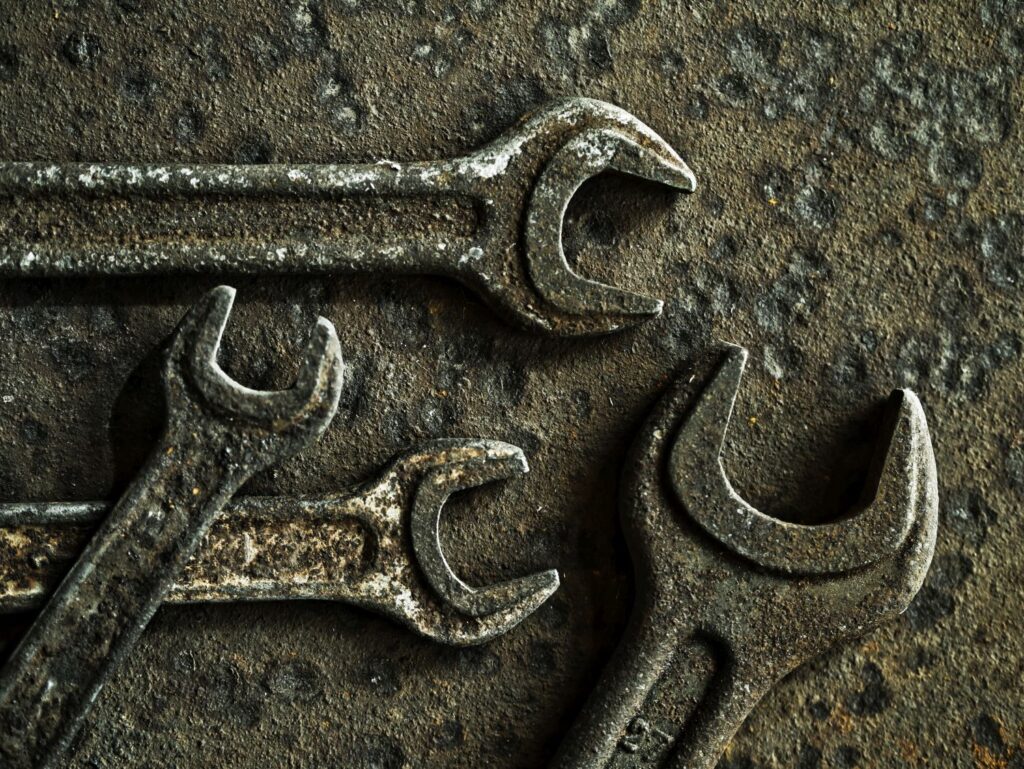A Comprehensive Guide to Different Types of Wrenches

Wrenches are indispensable tools in the world of wrenching, offering a means to tighten, loosen, and secure various fasteners. With a wide range of wrenches available, each designed for specific purposes, it can be overwhelming to navigate through the options. In this comprehensive guide, we will explore the different types of wrenches commonly used in automotive and mechanical work. By understanding the specific uses, advantages, and limitations of each type, you’ll be better equipped to choose the right wrench for your projects.
1. Open-End Wrenches: Open-end wrenches are among the most basic and versatile wrenches. They feature U-shaped openings on both ends, allowing them to fit onto nuts and bolts of different sizes. Due to their slim design, open-end wrenches excel at accessing tight spaces and working with pipes. However, their limitations include the lack of grip on rounded fasteners and the need to remove and reposition the wrench for each turn.
2. Combination Wrenches: Combination wrenches provide the best of both worlds with an open end on one side and a box end on the other. The box end, usually with 6 or 12 points, offers better grip and torque application compared to open-end wrenches. Combination wrenches are highly versatile and commonly used in various applications. They are available in both metric and imperial sizes, making them suitable for a wide range of projects.
3. Adjustable Wrenches: When dealing with fasteners of unknown or varying sizes, adjustable wrenches come to the rescue. These wrenches feature a movable jaw that can be adjusted to fit different sizes of nuts and bolts. Adjustable wrenches are useful for quick adjustments and in situations where carrying multiple wrench sizes is impractical. However, they may not provide the same grip and torque as dedicated wrenches, and caution must be exercised to prevent slippage and damage to the fastener.
4. Socket Wrenches: Socket wrenches are a staple in many toolboxes, known for their versatility and ease of use. They consist of a ratcheting handle and interchangeable sockets. Socket wrenches allow for quick socket size changes, accommodating various fastener sizes and shapes. The ratcheting mechanism enables continuous rotation without repositioning the wrench, making them efficient for repetitive tasks. Socket wrenches come in various drive sizes, such as 1/4-inch, 3/8-inch, and 1/2-inch, each suitable for different torque requirements.
5. Torque Wrenches: When precision and torque control are crucial, torque wrenches come into play. These specialized wrenches allow for the accurate application of specific levels of torque to fasteners. Torque wrenches are commonly used in automotive repairs, machinery assembly, and other applications where tightness requirements must be met. They come in different types, including click-type, digital, and beam-type wrenches, each with its own method of indicating when the desired torque is reached.
6. Other Wrench Types: In addition to the aforementioned wrenches, there are several other specialized wrenches that cater to specific needs. Pipe wrenches are designed for gripping and turning pipes and other cylindrical objects. Strap wrenches utilize a strap or chain to grip objects without causing damage. Allen wrenches, also known as hex keys, are hexagonal-shaped wrenches used for tightening or loosening hexagonal socket screws.
Conclusion:
Understanding the different types of wrenches available empowers you to choose the right tool for the job. Whether it’s an open-end wrench for reaching tight spaces, a combination wrench for versatility, or a torque wrench for precise tightening, having a diverse collection of wrenches in your toolbox ensures you’re equipped to handle various wrenching tasks. Remember to consider factors such as size, material, and specific features when selecting wrenches for your toolkit.
Regular maintenance and proper usage will prolong the lifespan and effectiveness of your wrenches. With the knowledge gained from this comprehensive guide to different types of wrenches, you can approach your wrenching projects with confidence and efficiency. Whether you’re a novice wrencher or an experienced mechanic, having the right wrench for the job is key to success. So, next time you reach for your toolbox, make sure you have the perfect wrench in hand to conquer any mechanical challenge that comes your way.




